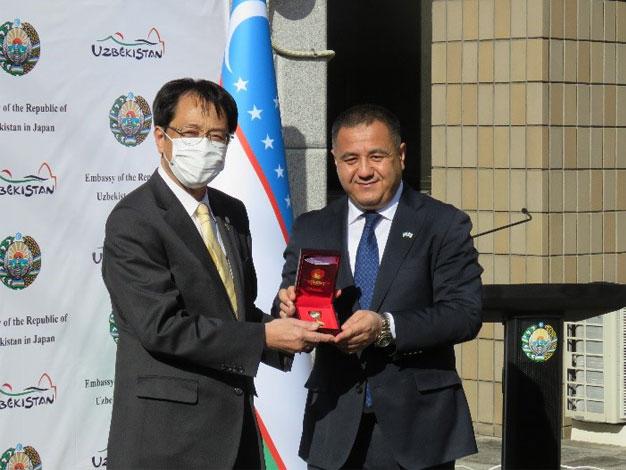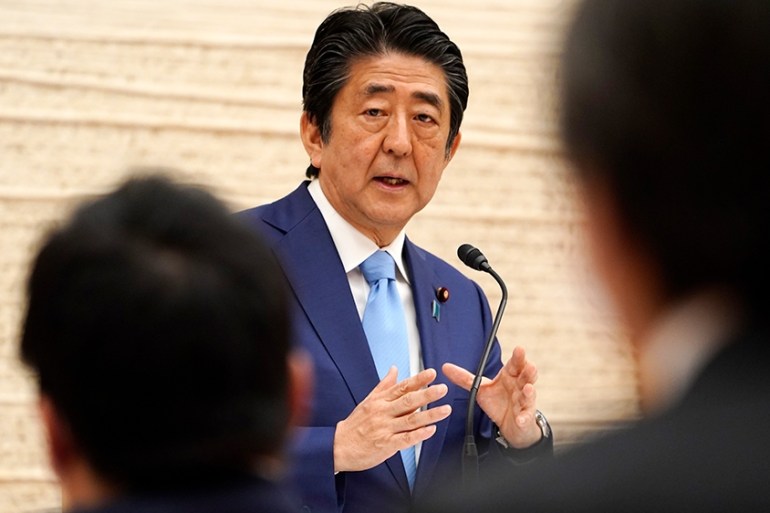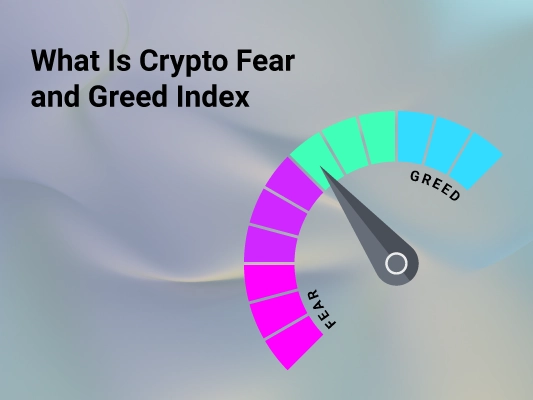[ad_1]
Aiming to curb the impact of higher commodity prices, Prime Minister Fumio Kishida’s administration will soon prepare a fresh economic package.
While Kishida will reportedly unveil new economic and coronavirus measures on Thursday, calls to increase government spending are growing among lawmakers, given that the Upper House election is just months away.
Last week, Kishida told his Cabinet ministers to use a ¥5.5 trillion ($44.36 billion) reserve fund from the fiscal 2022 budget to draft a relief package, but some in the ruling and opposition parties have said that an extra budget is needed to finance larger-scale measures.
“People are actually starting to feel that prices are rising,” said Natsuo Yamaguchi on Saturday, the head of Komeito, the ruling Liberal Democratic Party’s junior coalition partner.
As commodity prices have climbed further because of the war between Russia and Ukraine, people are growing more anxious about how their lives will be affected, he said.
“The government has said that it will first use the reserve fund from this fiscal year’s budget, but it won’t be enough,” Yamaguchi said, adding that a new extra budget needs to be enacted during the current parliamentary session, which is scheduled to end June 15.

Yamaguchi also said that ¥5 trillion of the ¥5.5 trillion reserve fund was originally set aside for the pandemic response, and it would be inappropriate to use it for countermeasures against the price hikes.
The Komeito leader said Tuesday that he talked to Kishida by phone and asked him to draft an extra budget.
“The prime minister didn’t rule out the option of an extra budget, but said he will first try to handle it with the reserve fund,” Yamaguchi said during a news conference.
Yuichiro Tamaki, leader of the Democratic Party for the People — an opposition party that has been working with the ruling bloc to formulate countermeasures to surging oil prices — said Tuesday that a supplementary budget is necessary to finance large stimulus.
While the LDP is cautious about hastily drafting an extra budget, former Prime Minister Yoshihide Suga, who is still an LDP lawmaker, said during a TV appearance Sunday that the government should prepare a supplementary budget rather than just using the reserve fund.

During a meeting with ministers Tuesday, Kishida again stressed that the government will first tap the reserve fund in order to implement measures swiftly.
Local media have reported that the scale of spending will likely reach between ¥1 trillion and ¥2 trillion, with the package continuing to subsidize oil wholesalers to lower retail gasoline prices and offering financial support to struggling firms and households.
Compiling policy options for an extra budget bill could take weeks, and yet the bill must also clear parliament. As a result, time may run out for the government to implement an extra budget by the end of the current session.
Local media have also reported that Kishida may unveil his new major economic policies before the Upper House election in July and then actually finance them with an extra budget after the vote.
Whether the measures will be on a smaller-scale using the reserve fund or on a larger-scale using an extra budget, some economists have pointed out that the move appears to be politically motivated.

“Concerns about sudden price hikes among consumers are growing just before this summer’s Upper House election. It seems that relieving their concerns has become a political matter,” said Shinichiro Kobayashi, senior economist at Mitsubishi UFJ Research and Consulting Co.
Economists say that soaring commodity prices are indeed a negative factor for the Japanese economy, but the outlook is not necessarily weak.
The Mitsubishi Research Institute (MRI), a Tokyo-based think tank, estimates that Japan’s economy will grow by 2.6% this fiscal year, which runs through March 2023. Since Japan’s long-term growth potential is below 1%, that figure is rather solid, even though it is driven by the recovery from the damage caused by the pandemic.
Given that the economy is on track for recovery, “I doubt if an economic package is really necessary right now,” said Akihiro Morishige, a senior MRI economist.
He added that the Kishida administration already introduced a massive stimulus, with a record ¥55.7 trillion in spending financed by an extra budget last December and this fiscal year’s budget, which cleared parliament just a few weeks ago.

According to Mitsubishi UFJ’s Kobayashi, over the past several years “it has become a regular habit to carry out new economic packages with extra budgets whenever something happens,” but the government is not supposed to rely on supplementary budgets that way.
Moreover, despite higher-than-usual oil prices for the time being, the cost has calmed slightly compared with its peak in the week after Russia’s invasion began in late February.
By early March, the benchmarks Brent and West Texas Intermediate topped over $120 (about ¥14,900) a barrel, but the prices had dropped to around $100 as of Tuesday.
If the government is really planning to roll out relief measures, says Morishige, then they should be designed to help people in need, as well as regions and industries that will be hit hard by the high commodity prices.
For example, higher gasoline prices disproportionately affect areas that are rural or away from Japan’s biggest cities, since more people must rely on cars than in busy urban areas such as Tokyo. Therefore, subsidies should be designed to mitigate the impact on those areas.
Higher gasoline prices could also be a chance to facilitate the shift to electric vehicles in line with the country’s decarbonization efforts, but if the government keeps financing subsidies to curb gasoline prices, it could run counter to that, Morishige added.
“Economic measures should not be just intended to counter the immediate rise of prices, they should also be something that will help strengthen the Japanese economy in the medium to long term,” said Morishige.
In a time of both misinformation and too much information, quality journalism is more crucial than ever.
By subscribing, you can help us get the story right.
SUBSCRIBE NOW
[ad_2]
Source link


















